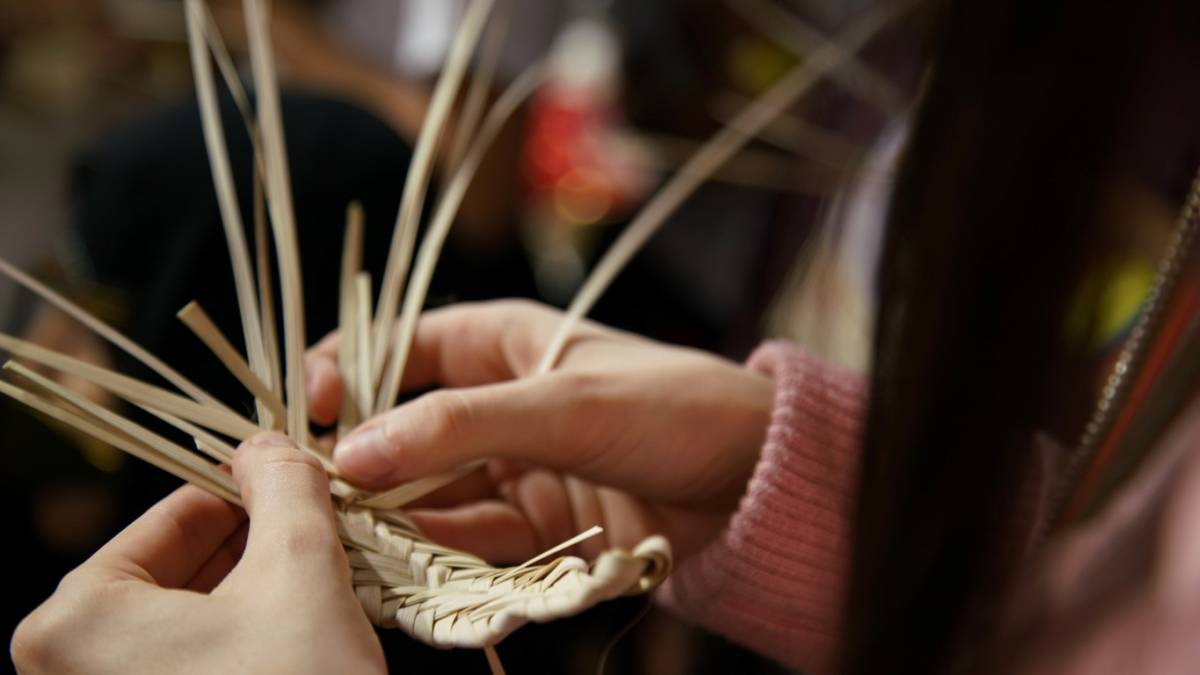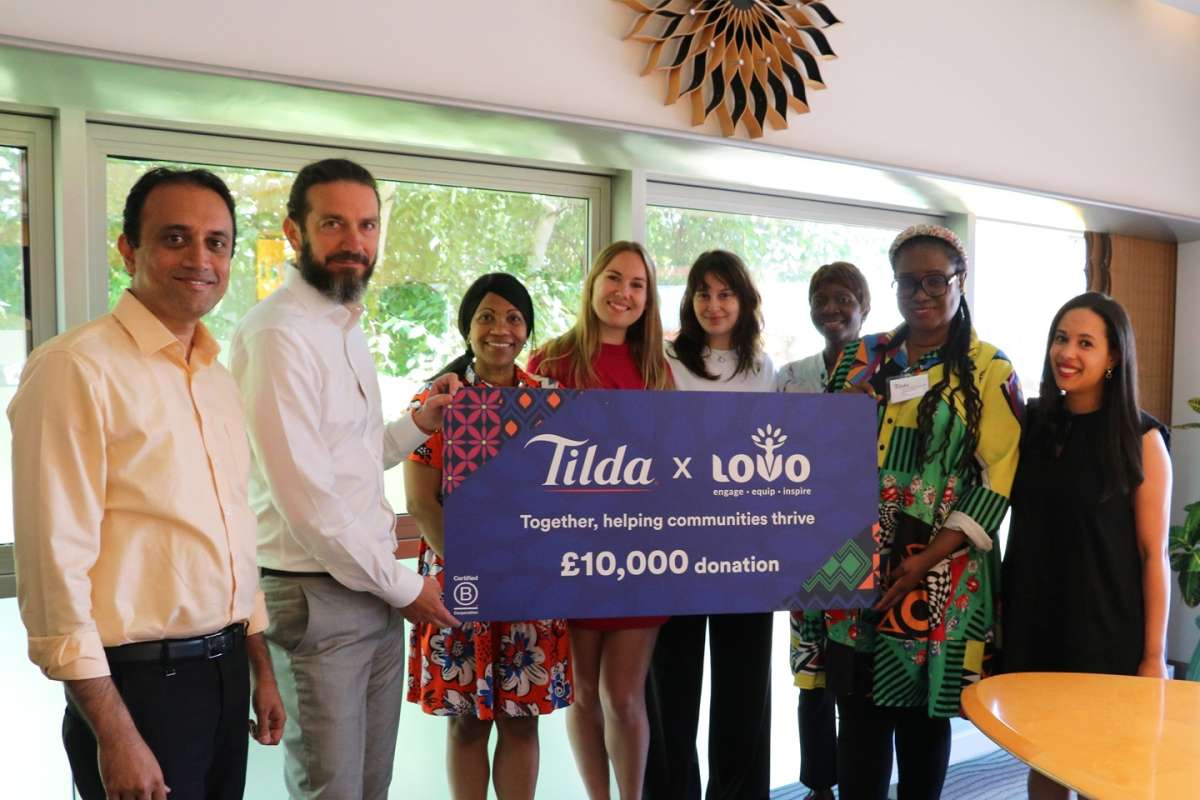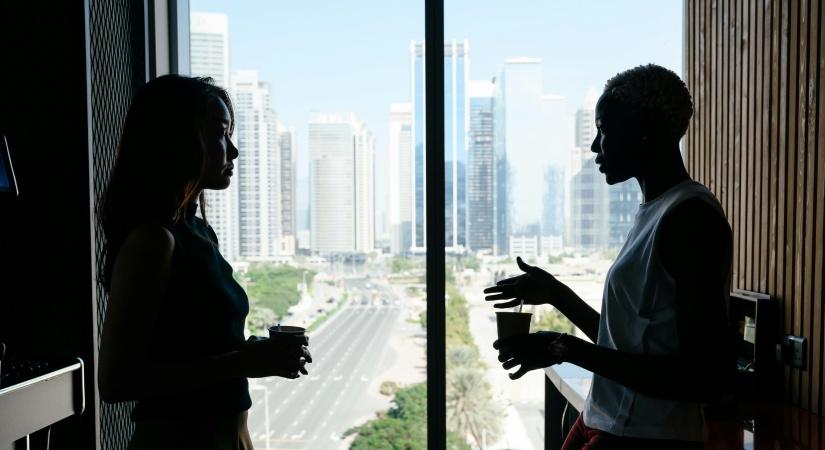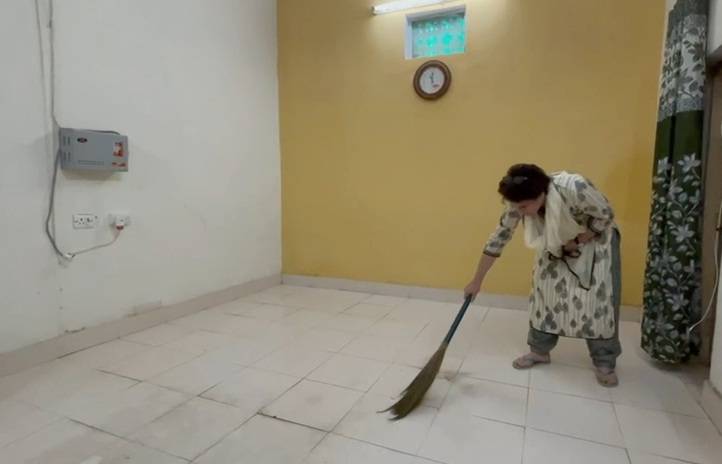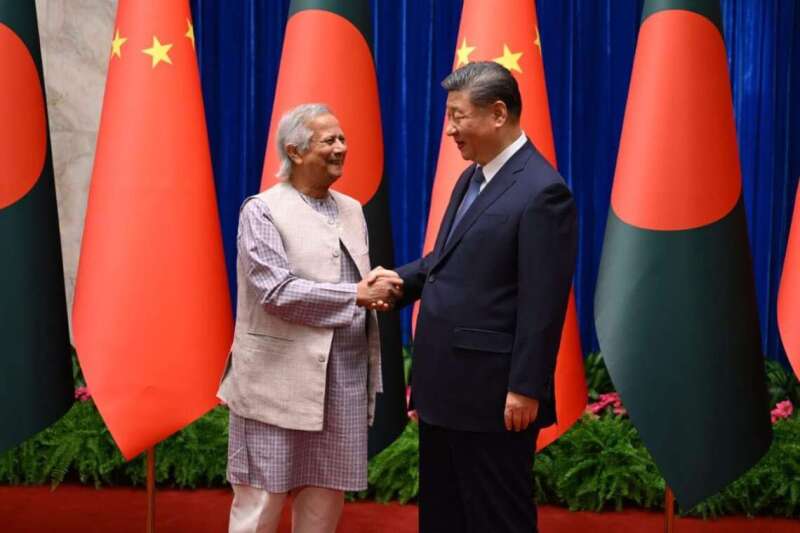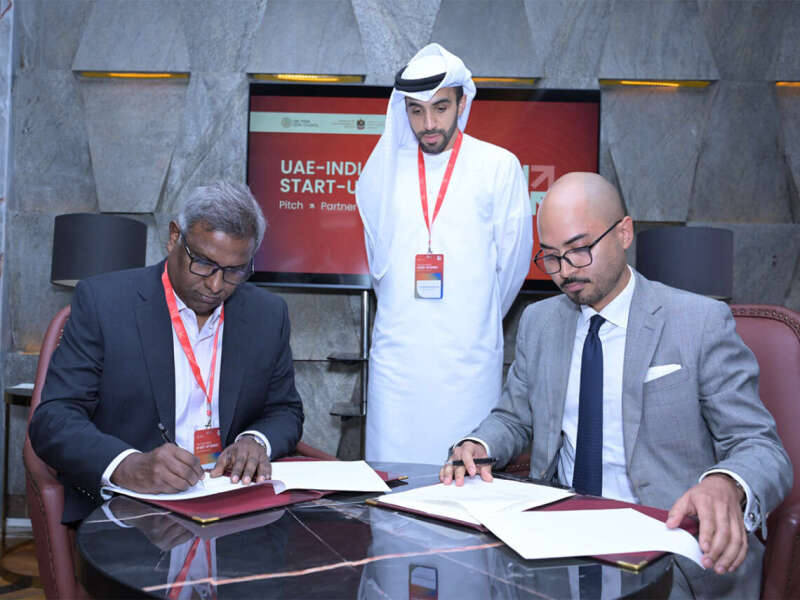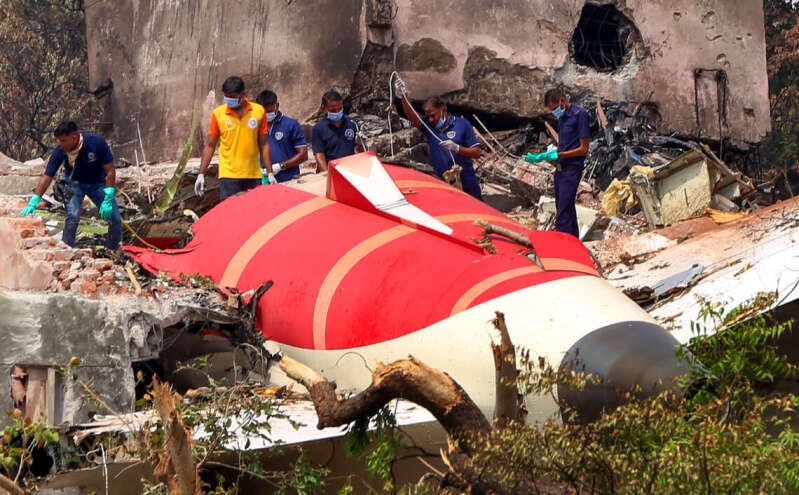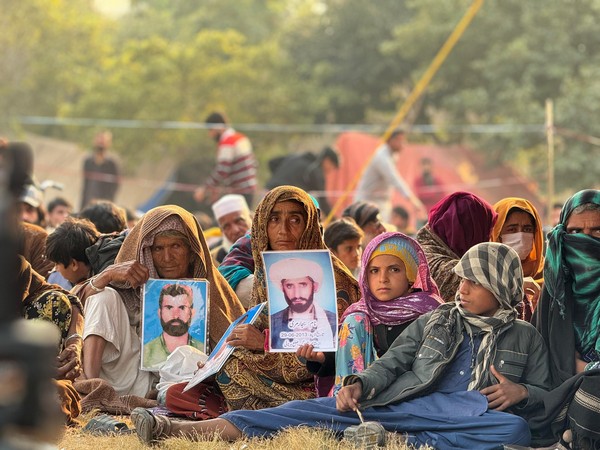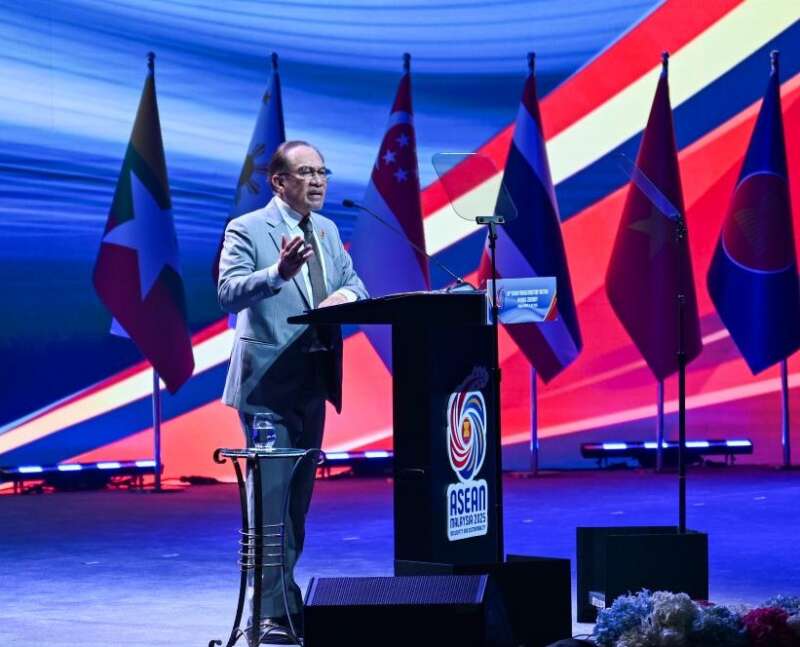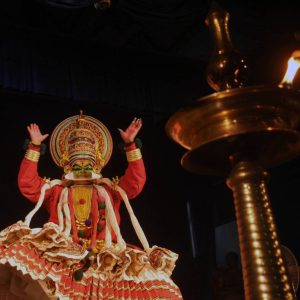The training programme, originally four months long, was shifted to a completely virtual platform by Irthi and extended until June 2021…reports Asian Lite News
The Irthi Contemporary Crafts Council (Irthi), a NAMA Women Advancement Establishment (NAMA) affiliate, has broadened the creative and professional horizons of 13 young female Emirati artisans with the skills of Jordanian and Palestinian embroidery.
The young cohort successfully concluded a 12-month artisanal training programme led by the council. This achievement has furthered Irthi’s mission to empower women artisans in the UAE and the region through the crafts and highlighted the entity’s agility in adapting to unprecedented circumstances and embracing innovation to ensure the learning journeys of craftswomen training under them continue uninterrupted.
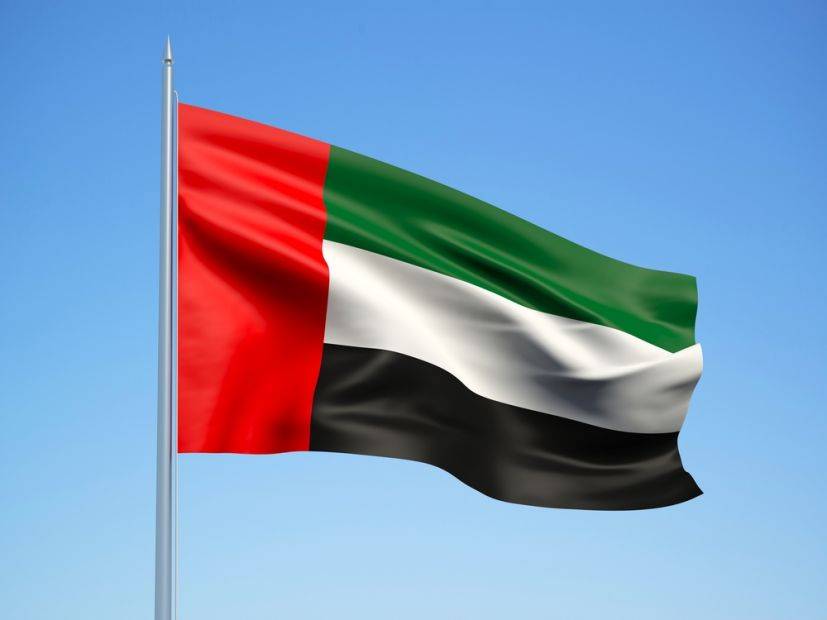
Irthi announced the training programme in March 2020 for select trainees aged 18 to 45, and brought on board renowned fashion designer and owner of Jordan-based label and social enterprise Saru Fashion, Majida Abu Zaghlan. Local artisans from the Gaza-Jerash Refugee Camp taught 12 types and techniques of embroidery popular in Palestine and the craft practised by the Bedouins of Jordan. The Emirati trainees will be able to apply their newly acquired embroidery skills to unique local designs infusing the traditional techniques with contemporary aesthetics under the supervision of the Irthi design and curation team.
“The pandemic swept the world soon after this programme commenced, and we took immediate steps to ensure that learning continued uninterrupted. Irthi was quick to make the online shift, offering content dedicated to craft training remotely, and enabling our trainees to gain the required knowledge and skills to create marketable products while ensuring their safety,” noted Reem BinKaram, Director of NAMA.
ALSO READ: UAE’s Golden Jubilee launched at Al Ain Book Fair
The training programme, originally four months long, was shifted to a completely virtual platform by Irthi and extended until June 2021. It was split across several phases to attain the desired training outcomes for all 13 participants. While phases 2 and 3 were conducted virtually, the concluding phase was held in-person at the Dibaa Al Hisn centre, with all preventive measures in place.
According to the training programme’s outputs, the trainees learnt several types of stitches, including the cross-stitch, Ragmeh type, Tahreeri, Tihshai, Satin stitch, double bar satin stitch, fishbone stitch, zigzag stitch for patchwork, interlaced binding cross-stitch, flat interlaced cross-stitch, plait joining stitch, Thobe embroidery, Bedouin floral patterns, and men’s garment embroidery.
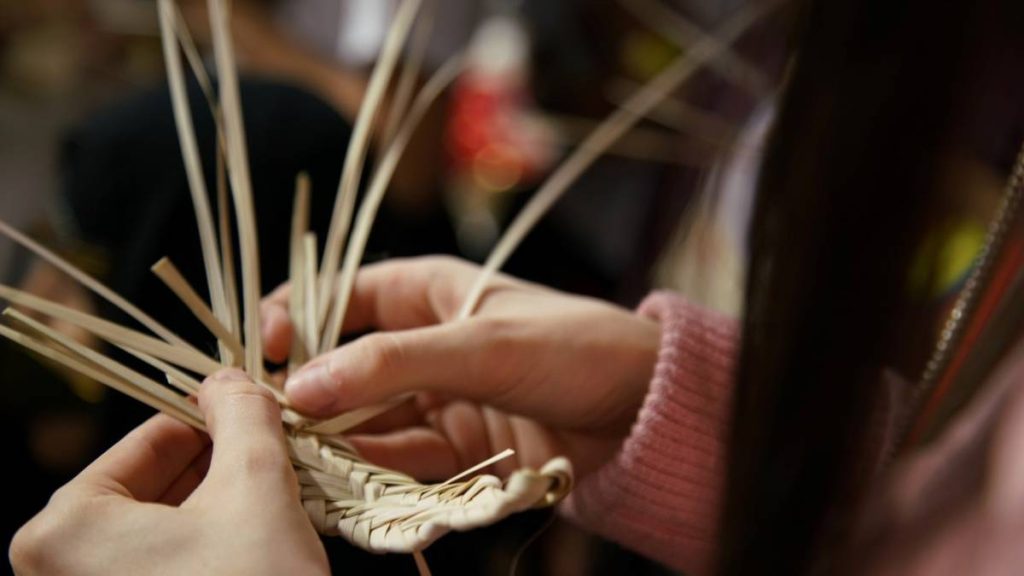
BinKaram further noted, “One of our key goals at Irthi is to ensure the professional, economic and social empowerment of female practitioners of traditional crafts, in accordance with the vision of H.H. Sheikha Jawaher bint Mohammed Al Qasimi, Chairperson of NAMA and Founder and Royal Patron of Irthi. One of the highlights of this programme was that it focused on young Emirati women, offering them an opportunity to build their professional futures while contributing to modernising, preserving and enhancing the value of traditional Emirati crafts. We are especially proud of the way this programme overcame unprecedented challenges to be successfully delivered, and thank Majida for her endless support and professionalism throughout.”
Speaking about her experience with Irthi, Zaghlan said, “The Jordanian-Palestinian embroidery programme was important for us and the cultural exchanges between Jordan and the UAE. The trainees were eager to learn and passionate about creating high-quality products for global markets. The artisans from the Palestinian refugee camps in Jordan saw their participation in the programme as an excellent opportunity to train local women. Moreover, they acquired different skill sets here, which will have a wider impact as their work goes on to support more than 30 indirect beneficiaries.
“Expo Dubai 2020 will showcase the craftswomen’s products, and people from around the world will have the opportunity to appreciate and offer patronage to their artisanal creations.”


